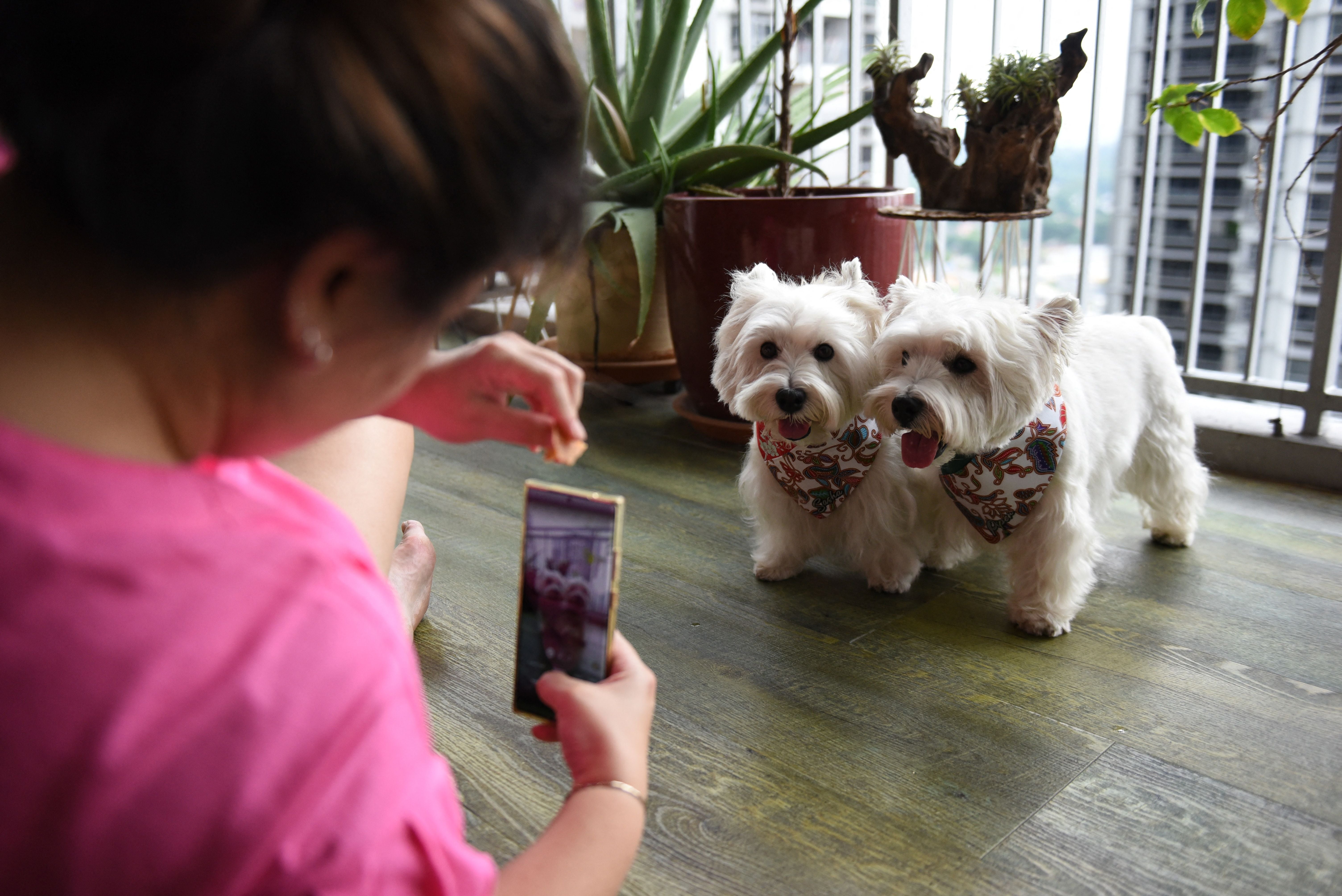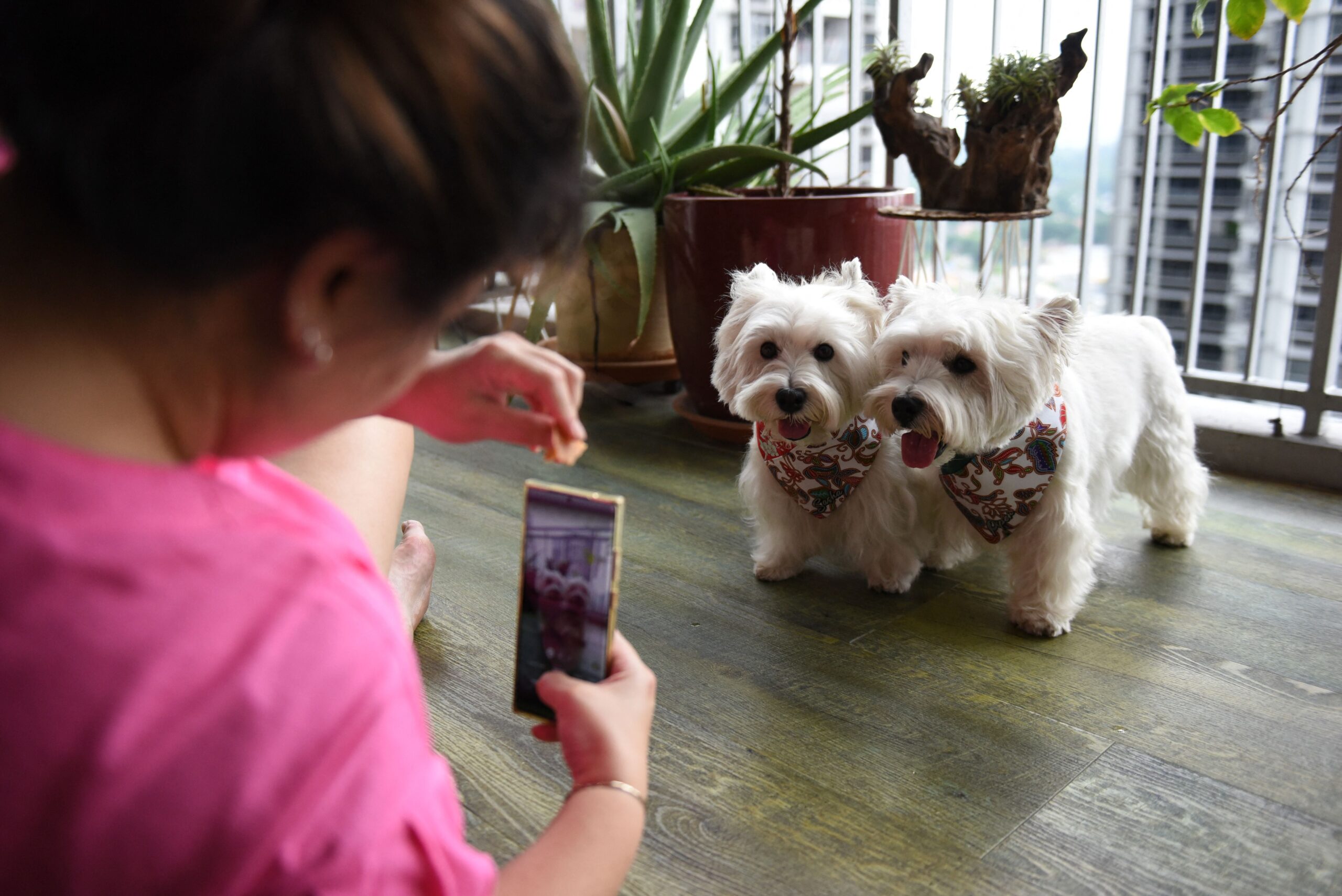Social media accounts of pets showcasing products could have an edge over their human counterparts when it comes to trustworthiness, a new study confirms.
The word “petfluencer” is used to describe domestic animals regularly appearing in posts on social media accounts run by their human companions.
A new study, published in the The Journal of Advertising Research, assessed how endorsements of brands by animals, such as those in petfluencer accounts, affect consumer responses.
Researchers from the University of Strathclyde in Scotland particularly studied what makes pet influencers successful and compared them to the success rates of human endorsers.
For this purpose, they developed fictional advertisements for products like wine and peanut butter.

When these advertisements were tested with an audience, the results clearly showed that the pet influencer posts outperformed those by humans in terms of consumer response.
The petfluencers’ effects were found to be significantly higher when their message matched a consumer’s focus on immediate pleasure and satisfaction.
While the number of sponsored posts made by social media influencers increases globally, some estimates suggest their perceived sincerity could be on the decline, likely due to what’s termed the “influencer fatigue”.
Under this scenario, researchers say petfluencers could be a viable alternative for more sincere endorsements.
In the UK alone, for instance, nearly £8bn ($10bn) a year is spent on pets.
As this number grows, scientists say pets could begin to rival the earning potential of their human counterparts. “Petfluencers offer distinct advantages compared to human social media influencers,” said study author Laura Lavertu from the University of Strathclyde.
“While the persuasiveness of human influencers often stems from their relatability or aspirational appeal, petfluencers are seen as more genuine and sincere,” Dr Lavertu explained.
Since pets don’t come with the baggage of scandals that tends to follow some human influencers, it could make them seem more trustworthy, she added.
Such social media accounts of pets are managed more transparently by their humans, researchers say.
Petfluencers could collaborate with advertising agencies to handle brand partnerships while maintaining control over the content they post, they say.
Citing an example, the study points to Nala the cat, who has 4.5 million Instagram followers and endorses a range of products from cat food to mobile games, amassing over £80m.
Researchers hope to conduct further studies to validate these findings and explore the growing influence of pets in the world of social media.
Source: independent.co.uk



